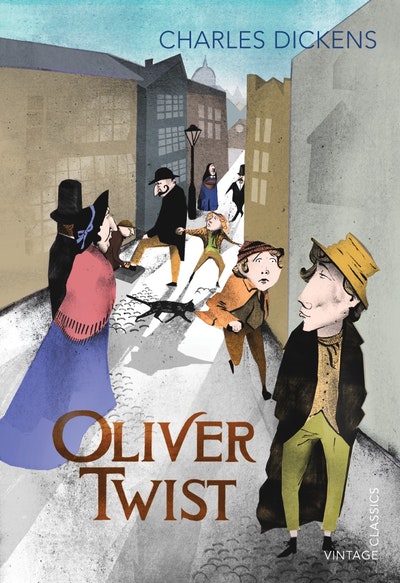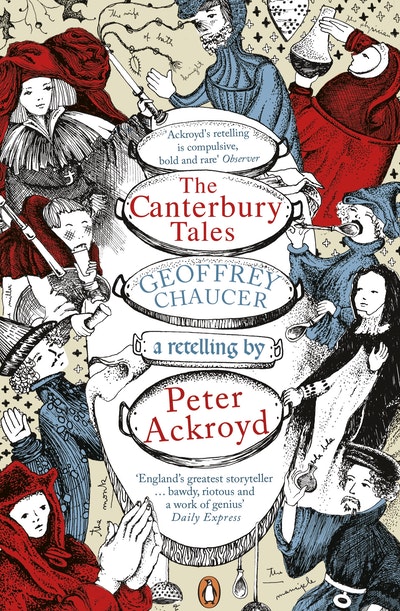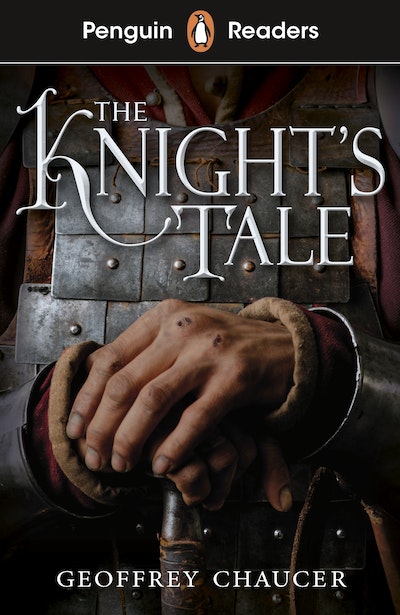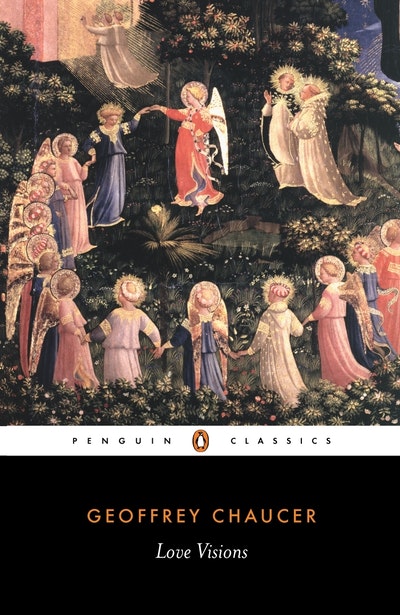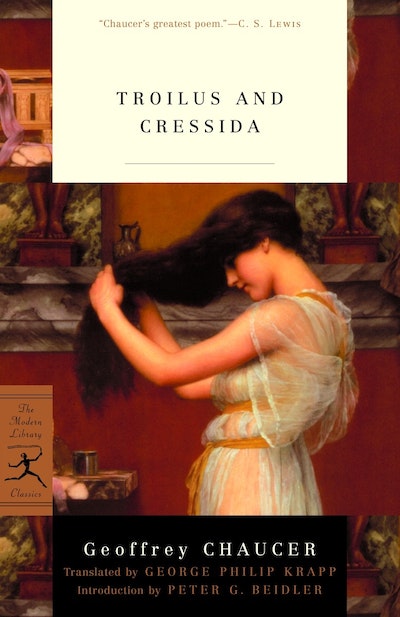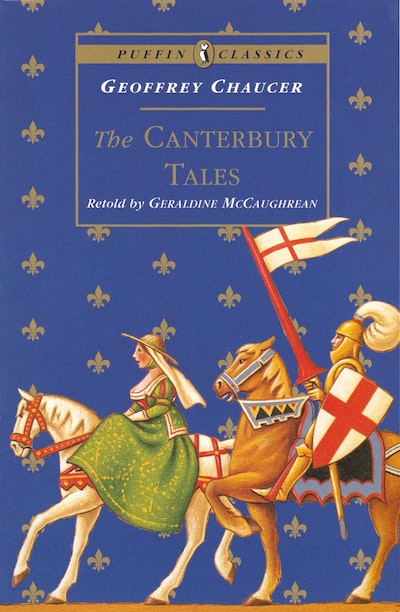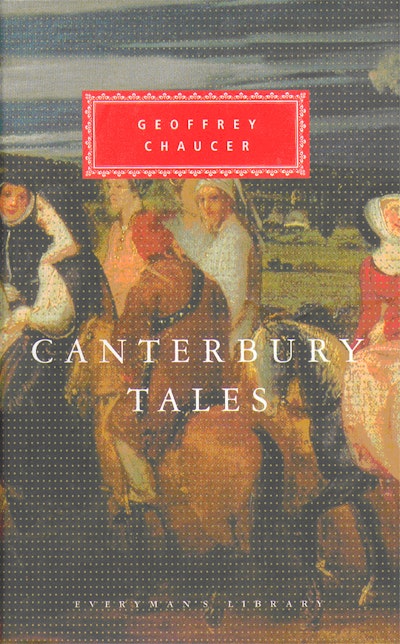[]
Play sample
- Published: 7 April 2005
- ISBN: 9780140422344
- Imprint: Penguin Classics
- Format: Paperback
- Pages: 1328
- RRP: $60.00
Categories:
The Canterbury Tales
Formats & editions
Buy from…
Completely new edition of the most popular and widely-studied work of the English middle ages
At the Tabard Inn in Southwark, a jovial group of pilgrims assembles, including an unscrupulous Pardoner, a noble-minded Knight, a ribald Miller, the lusty Wife of Bath, and Chaucer himself. As they set out on their journey towards the shrine of Thomas a Becket in Canterbury, each character agrees to tell a tale. The twenty-four tales that follow are by turns learned, fantastic, pious, melancholy and lewd, and together offer an unrivalled glimpse into the mind and spirit of medieval England.
- Published: 7 April 2005
- ISBN: 9780140422344
- Imprint: Penguin Classics
- Format: Paperback
- Pages: 1328
- RRP: $60.00
Categories:
Other books in the series
The Complete Fables
Aesop
Emma
Jane Austen
Pride and Prejudice
Jane Austen
Mansfield Park
Jane Austen
Northanger Abbey
Jane Austen
Persuasion
Jane Austen
Sense and Sensibility
Jane Austen
A Dead Man's Memoir (A Theatrical Novel)
Mikhail Bulgakov
A Dog's Heart
Mikhail Bulgakov
The Man Who Was Thursday
G. K. Chesterton
The Black Tulip
Alexandre Dumas
The Lady of the Camellias
Alexandre Dumas fils
The Man in the Iron Mask
Alexandre Dumas
The Three Musketeers
Alexandre Dumas
Faust, Part I
Goethe
Faust, Part II
Goethe
Selected Poetry
Goethe Johann Wolfgang Von
The Nibelungenlied
Hatto A T
The Complete Odes and Epodes
Horace
The Garden Party and Other Stories
Katherine Mansfield
The Aeneid
Virgil
Species of Spaces and Other Pieces
Georges Perec
The Age of Alexander
Plutarch
Fall Of The Roman Republic
Plutarch
The Makers of Rome
Plutarch
On Sparta
Plutarch
The Rise And Fall of Athens
Plutarch
The Rise of Rome
Plutarch
Rome in Crisis
Plutarch
Man and Superman
George Bernard Shaw
Saint Joan
George Bernard Shaw
Botchan
Natsume Soseki
Kusamakura
Natsume Soseki
The Charterhouse of Parma
Stendhal
Love
Stendhal
The Red and the Black
Stendhal
Agricola and Germania
Tacitus
Annals
Tacitus
The Annals of Imperial Rome
Tacitus
Selected Poems
Rabindranath Tagore
Military Dispatches
The Duke Of Wellington
Around the World in Eighty Days
Jules Verne
Journey to the Centre of the Earth
Jules Verne
Twenty Thousand Leagues Under the Sea
Jules Verne
Treatise On Toleration
Voltaire













































































































































































































































